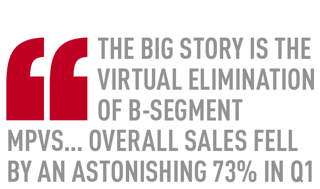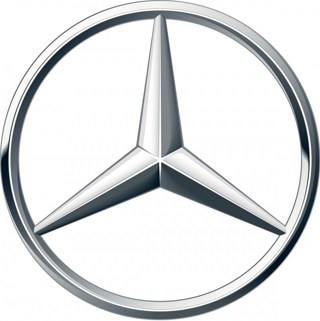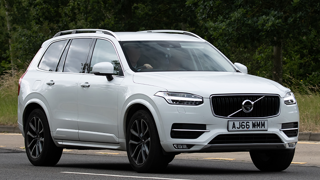The Vehicle Remarketing Association has warned that an oversupply of petrol-fuelled used cars is likely to result from the “dramatic shift away from diesel in favour of petrol”.
Glenn Sturley, chairman of the trade body which represents organisations involved in the sale of 1.5 million used cars every year, said that there has been little sign of demand for used diesels falling, despite the shift seen in the new market “in a very short space of time”.
“While there have been some relatively small price shifts that have seen used petrol car prices increasing, there has been no real sign of any reduction in demand for diesel (in the used market)”, said Sturley.
“Diesels continue to provide key advantages over petrol for used car buyers, ranging from fuel economy to the fact they are capable of much higher mileages. They remain arguably the more attractive used car purchase for many people.”
Sturley said that a sudden influx of large numbers of petrol cars into the used sector in the medium term might outstrip demand, resulting in a fall in values.
He said: “At some point in the next 12 to 24 months, we will see petrol cars arriving on the used market in much higher numbers. Volumes for petrol supply in the last few years on some model ranges have been sub-10% of total numbers and tis figure could easily triple.
“What is largely unknown is the extent to which used car buyers will decide to buy petrol over diesel when given that option. Certainly, there is no sign that the environmental concerns that have reshaped the new car market will similarly impact on the used sector.
"It wouldn’t be surprising for a situation to develop where petrol moves quite quickly into oversupply, with there being a reduction against current prices. In fact, what may well happen in the medium term is that there is some kind of petrol-diesel parity.”
On September 1 the new car sector will make the change-over to new WLTP and RDE emissions and fuel economy test regime, which replaces the current NEDC system.
Cap HPI has found that the new regime has resulted in an average 10% rise in emissions – a rise which is likely to impact consumer confidence and volumes entering the fleet sector.
Some industry commentators have suggested to AM that the move could see a resurgence in the fortunes of diesel cars, however, with the popular plug-in hybrid suffering the biggest percentage change in emissions levels.
Cap HPI’s study of emissions data showed diesel vehicles had increased by 12.6%, petrol by 7.3%, petrol/plug-in hybrid by 27.3% and petrol hybrid 7.8% under the new WLTP-correlated figures.
Sturley said: “We are dealing with a situation that remains quite dynamic and there are also further factors such as the larger numbers of hybrids arriving on the used market. We, and our members, are monitoring developments very closely.
“Certainly, we are not envisaging any form of fall in diesel values unless factors such as increasing taxes or low emissions zones suddenly become the norm, other than perhaps in the older, genuinely more polluting vehicles of Euro 4 and below.”



















Login to comment
Comments
No comments have been made yet.